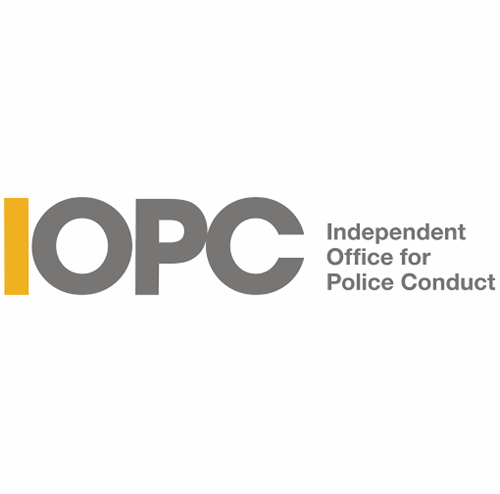Independent Office for Police Conduct needs a culture change, MPs told
27 January 2021

The Independent Office for Police Conduct – the body in charge of investigating the actions of police officers – needs a culture change where it stops treating the country’s cops as guilty unless they can prove their innocence, MPs have heard.
Phill Matthews, Chair of the Conduct and Performance Sub-Committee at the Police Federation of England and Wales, gave evidence to the Home Affairs Select Committee this morning.
MPs were told the main issues with the IOPC were timeliness, accountability and quality of investigations. With one case of officers being under investigation for seven years being raised.
Phill said: “The system is overly bureaucratic, it’s lengthy and we have real issues with the Independent Office for Police Conduct. We see a staggering lack of knowledge at the IOPC. They don’t have the right depth and breadth of knowledge, they don’t have the right training and they are absolutely unaccountable. They have the same powers as a police constable and yet they are shrouded in secrecy.”
Phill told MPs including Yvette Cooper and Diane Abbott that members feel they are being treated as though they are guilty unless they can prove their innocence - and that comes out from some of the press releases we see from the IOPC and that continues through whole investigations.
“They need to change that culture,” he said.
The IOPC themselves have a huge number of complaints made against them, Phill said. “They had 450 in 2017/18. But they only deal with about 500-600 investigations. That’s an absolutely horrific level of complaint.”
The police service in England and Wales on the other hand, is one of the “most accountable in the world”, Phill added.
He told MPs: “The delays don’t come from our members. Our members expect scrutiny and they want to help. A lot of the allegations investigated are actually really simple investigations. There is no reason for them to drag on and on.
“There are more hearings than are necessary - hence why we win so many of them. Because our members haven’t done anything wrong. There was a 7-year delay in one investigation. We asked what they were doing during that time period. They couldn’t answer. There was no rational reason given. you cannot get disclosure from the IOPC.”
Vic Marshall, Professional Standards Coordinator at Police Superintendents' Association, said his members shared frustrations about the length of time investigations took.
He told the Committee: “We have Issues around timeliness and accountability of the IOPC themselves. Understandably those that make the complaints want answers and our members equally would like these matters to be brought to a conclusion…Justice delayed is justice denied - across the whole system.
“We feel for everybody when these things drag on. It has an effect on police officers and their families, but also the complainants and those who feel they have been wronged. Answers need to be given.”














